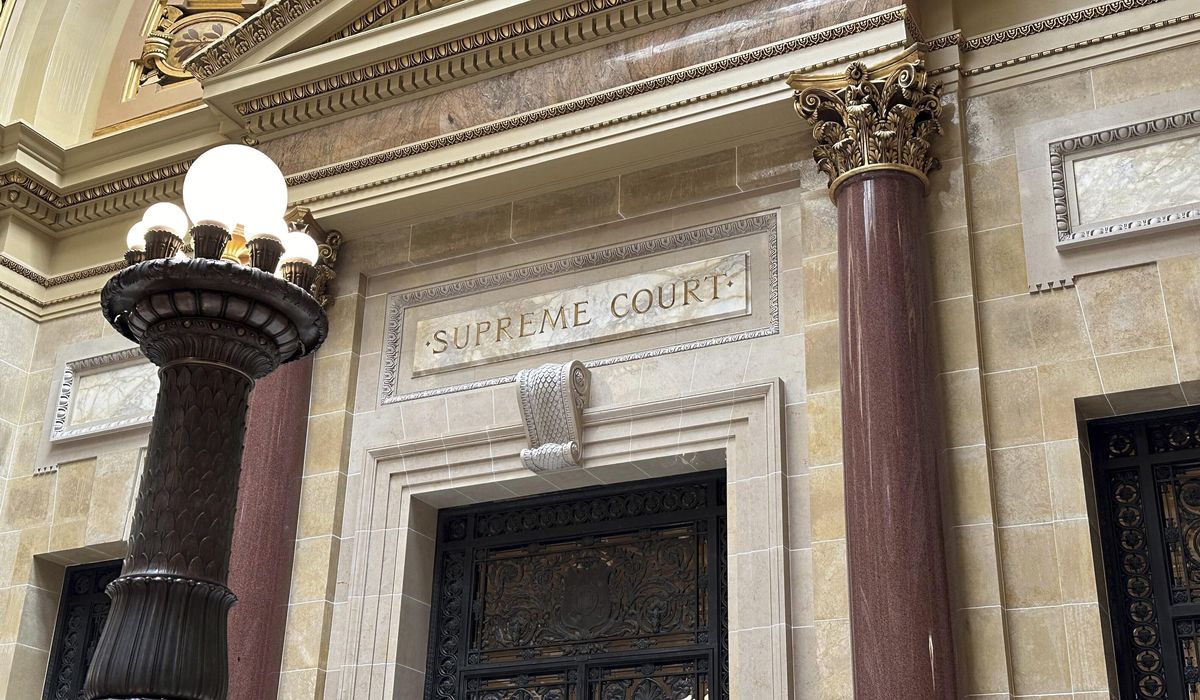


Wisconsin violated the Constitution when it refused to grant a religious exemption to a Catholic Charities organization, the Supreme Court ruled unanimously on Thursday, saying the state was trying to impose its own views of how a religion should operate.
The decision was unanimous, with Justice Sonia Sotomayor, writing for the court, saying it wasn’t a hard call.
Wisconsin, in rejecting the Catholic Charities for an exemption to a state unemployment taxes law, had decided that the organization wasn’t religious enough to qualify.
But Justice Sotomayor, an Obama appointee, said that was because the state was using its own read of how Catholic doctrine worked, and got it wrong.
“A law that differentiates between religions along theological lines is textbook denominational discrimination,” she wrote.
The case involved Catholic Charities of the Diocese of Superior, which is controlled by the diocese.
To qualify for an exemption under the law, an organization must be controlled by a church and must operate “primarily for religious purposes.”
All sides agree that Catholic Charities was controlled by the diocese, but the state Supreme Court said it failed the purpose test because it didn’t proselytize and didn’t serve only Catholics.
Justice Sotomayor said that ran smack into Catholic teaching, which holds that using works of charity for proselytizing is forbidden. It also requires services to be delivered regardless of a recipient’s race, sex or religion.
Other religions see it differently.
The problem, the court said, is that Wisconsin is picking one definition over another — which amounts to promoting some denominations over others in violation of the First Amendment.
“Much like a law exempting only those religious organizations that perform baptisms or worship on Sundays, an exemption that requires proselytization or exclusive service of co-religionists establishes a preference for certain religions based on the commands of their religious doctrine,” Justice Sotomayor wrote.
She said the state’s policy created a strange incentive.
“Put simply, petitioners could qualify for the exemption while providing their current charitable services if they engaged in proselytization or limited their services to fellow Catholics,” she said.
Bishop James Powers, who oversees the diocese, hailed the ruling.
Becket, a religious liberty group that argued the case for the diocese, said it was “absurd” for the state to have claimed Catholic Charities wasn’t religious.
“Wisconsin shouldn’t have picked this fight in the first place,” said Eric Rassbach, vice president at Becket. “Today, the Court resoundingly reaffirmed a fundamental truth of our constitutional order: the First Amendment protects all religious beliefs, not just those the government favors.”
Justice Clarence Thomas agreed with the ruling, but went further in his separate opinion.
He said the state Supreme Court also got it wrong when it said Catholic Charities was a separate entity from the diocese. He said that’s a call for the diocese to make.
“By failing to defer to the bishop of Superior’s religious view that Catholic Charities and its subentities are an arm of the diocese, the Wisconsin Supreme Court violated the church autonomy doctrine,” he said.
The case is Catholic Charities Bureau, Inc., et al. v. Wisconsin Labor & Industry Review Commission, et al.
• Stephen Dinan can be reached at sdinan@washingtontimes.com.
• Alex Swoyer can be reached at aswoyer@washingtontimes.com.
